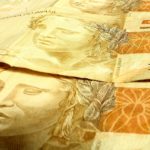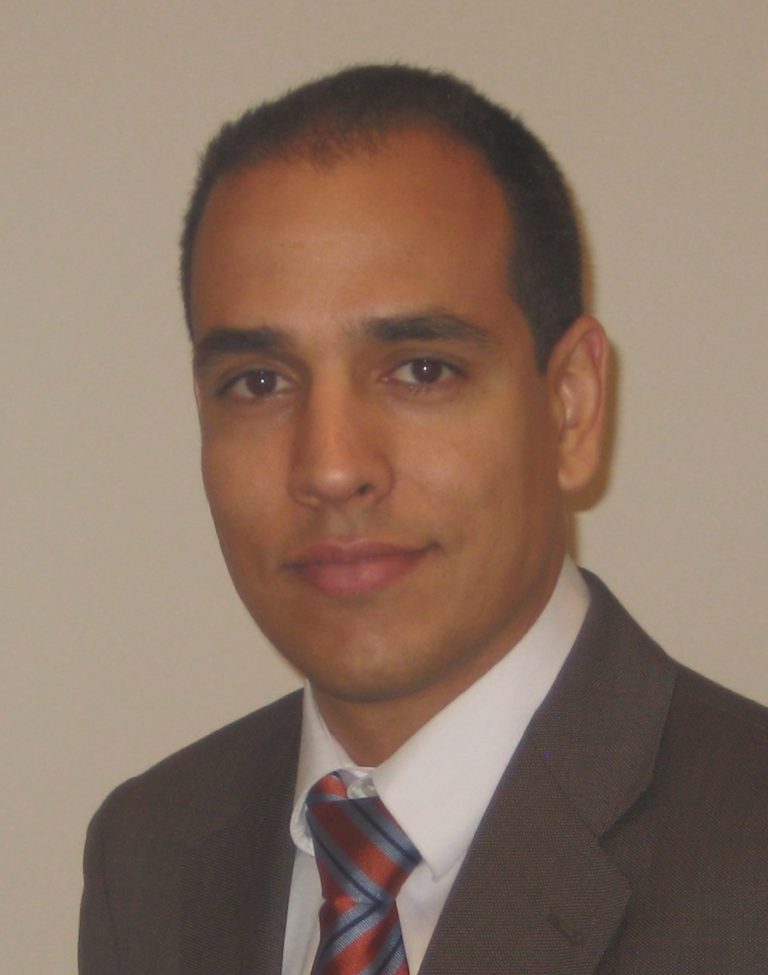Economic recession in Brazil: first, solve the political crisis
Brazil, the biggest economy in Latin America, is facing a political and economic crisis that is keeping the country in recession and will extend over 2016. We talked about the economic situation and outlook for the country with Enestor Dos Santos, economist at BBVA Research for Brazil, who explained that if the situation is to be normalized it is important to resolve the political situation first. This will reduce uncertainty, generate more stability and enable the right decisions to be made to allow the country to grow again. However, he clarifies that recovery from this economic recession will start gradually in 2017 and gather strength after the 2018 elections.

What prospects do you see in Brazil, taking into account the official loss of investment grade?
Brazil will continue to have problems in its economy in 2016, after a fall of over 3% in GDP in 2015, making two years of economic recession. There is a great deal of uncertainty about the future because at the present time a process is underway for removing President Dilma Rousseff, which we hope will become resolved in the first half of this year. We believe that starting in the second half of the year the conditions could be in place for initiating a very steady recovery, which will be still very weak. We do not expect strong growth in Brazil in 2017 and 2018, and they will continue to be very difficult years.
What is the fiscal situation and what can we expect in this regard?
We have a fairly negative fiscal outlook and it will continue to deteriorate in the coming years. Specifically, in 2015 public sector debt will be some 67% of GDP and in 2016 it will be close to 70%. Due to the low growth, these will be bad years for tax revenues, and what's more, for there to be a change in the trend a fiscal adjustment is needed. This does not appear probable, given that Brazil has a system where expenditure is very rigid due to the Constitution, and the Government does not have the flexibility to execute the necessary cuts. Changing this needs a political consensus that is clearly not in place at the present time.
"Brazil will continue to have problems in its economy in 2016, after a fall of over 3% in GDP in 2015, making two years of economic recession.
Another critical problem is inflation. What can be expected on this front and what will happen with interest rates?
Inflation has closed 2015 at 10.7%. The good news is that it will begin to fall starting in January because much of the increase is related to prices regulated by the Government, and they were already subject to a major adjustment in 2015. We expect that 2016 will close at around 6%, but it will continue above the official target of 4.5%.
On another front, the most likely scenario is that the Central Bank will maintain interest rates at the current levels of 14.25% for some time, although at the end of December it gave signs that it could raise them in January.
And how could this situation change?
We believe that the exchange rate will continue to be weak, even above 4 Brazilian reals per dollar in 2016, due to the macroeconomic situation and the fall in the commodity markets. The good news is that we see a fairly quick adjustment in the external accounts: from a fall in the current-account deficit of 4.55% of GDP at the close of 2014 to around 3.7% of GDP in 2015, and converging at 1% over the coming years. This adjustment is a result of factors such as the depreciation of the exchange rate, which is also feeding inflation.
What is the situation of the banking industry in this crisis?
The banking industry is going through a difficult time because it is facing a contraction of domestic demand, a major deterioration in the labor market that will continue in 2016, and some companies that are cutting demand for loans due to increased costs of finance. Private banks have prepared themselves for a situation such as this, and credit supply has moderated in recent years; however, we have to watch and see what happens with non-performing loans and their impact. The problem may be for the public banks, because they were the ones that extended credit most in the years before the current economic recession.
Credit is growing at under the rate of inflation, which indicates a fall in real terms.
Enestor Dos Santos, principal economist of BBVA Research for Brazil

Enestor Dos Santos is principal economist for Brazil and Latin America at BBVA Research, where he has been working since 2008.
His previous professional and academic experience includes the World Bank, the IADB, the Wharton Business School and the IE Business School.
He holds a Ph.D. in economics from the University of Pennsylvania and a master's degree in the same discipline from the Getulio Vargas Foundation in Brazil.